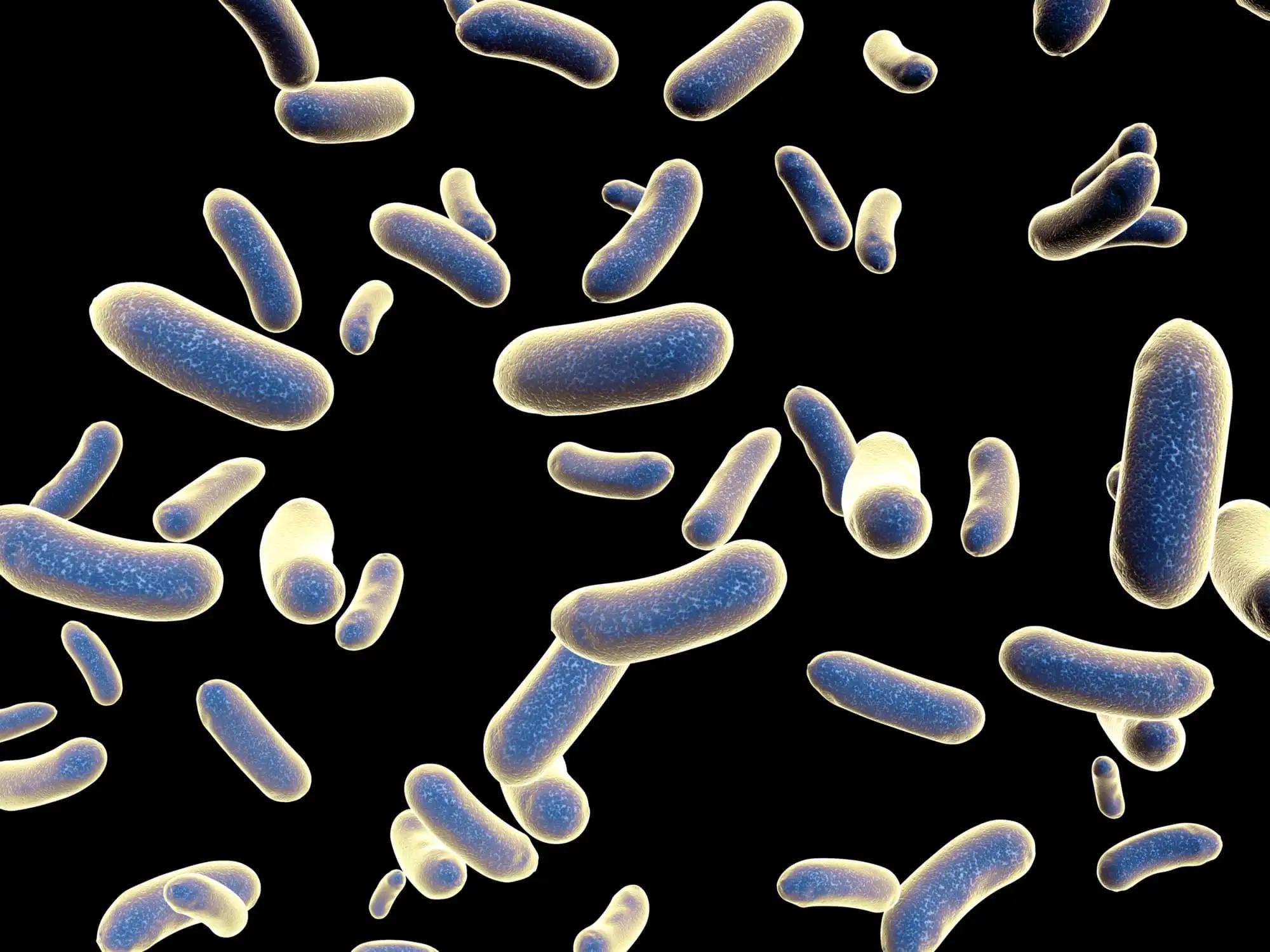KEY TAKEAWAYS
- A Phase II study evaluated the efficacy of Elo-KRd for Lenalidomide Refractory MM in the First Relapse.
- Elo-KRd induction for 4 cycles and Elo-lenalidomide maintenance was given to enrolled patients until progression.
- Post-induction ≥VGPR was achieved in 46.7% of patients, and the overall response rate was 80%. The median PFS was 11.5 months, and no new safety concerns were reported.
Aphase II study combined Elo with KRd to improve the efficacy of treating first-relapse multiple myeloma. Patients were administered Elo-KRd induction for four cycles during the study, followed by Elo-lenalidomide maintenance until progression. The study aimed to achieve a VGPR or better (≥VGPR) post-induction.
The secondary objectives were the MRD by flow cytometry, OS, PFS, and safety. Flow cytometry was also used to assess the impact of Elo-KRd on NK and T cell subsets as a correlational measure. The study aimed to enroll 40 patients, but due to the COVID-19 pandemic, the target still needs to be met. Of all the participants, 67% exhibited high-risk characteristics, such as del17p, t[4;14], t[14;16], 1q gain/amplification, plasma cell leukemia, extramedullary MM, or high functional risk. 80% of the patients were refractory to lenalidomide, and 33.3% were refractory to bortezomib. Post-induction, 46.7% of the patients achieved ≥VGPR, and the MRD-negative (10−5) rate was 20%. The response rate during the study was 80%, with 53.3% achieving a ≥VGPR response.
The median PFS was 11.5 months (95% CI 1.9, 18) during the median follow-up of 28.2 months (range 3.8 to 44.2), and the median OS was not met (95% CI 10.1, NA). No new safety concerns were observed. Elo-KRd treatment did not enhance the distribution of NK cells in the blood or bone marrow. Effector CD4+ and CD8+ T cells decreased post-induction significantly while simultaneously acquiring a T central memory phenotype, particularly at a higher rate in the ≥VGPR group.
The study findings suggest that a brief Elo-KRd induction followed by Elo-lenalidomide maintenance effectively treated patients with lenalidomide-refractory and high-risk MM.
Source: https://www.clinical-lymphoma-myeloma-leukemia.com/article/S2152-2650(23)00113-1/fulltext
Clinical Trial: https://clinicaltrials.gov/ct2/show/NCT02969837
Bhutani M, Foureau D, Robinson M, Druhan L, Voorhees P, Usmani S. A Clinical and Correlative Study of Elotuzumab, Carfilzomib, Lenalidomide, and Dexamethasone (Elo-KRd) for Lenalidomide Refractory Multiple Myeloma in First Relapse. https://doi.org/10.1016/j.clml.2023.03.016



